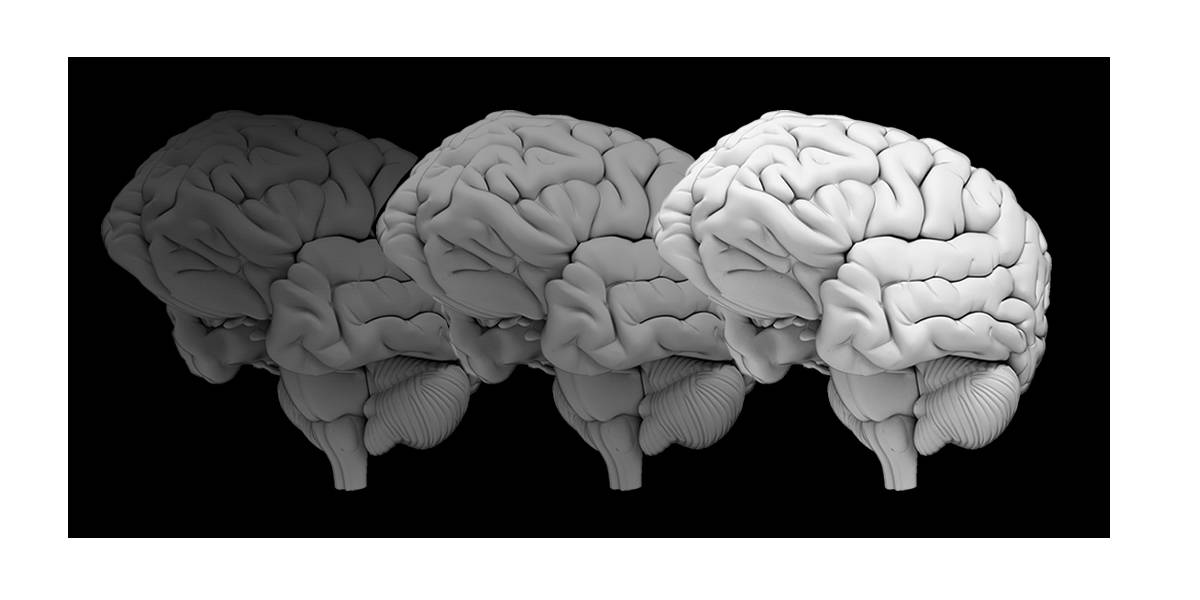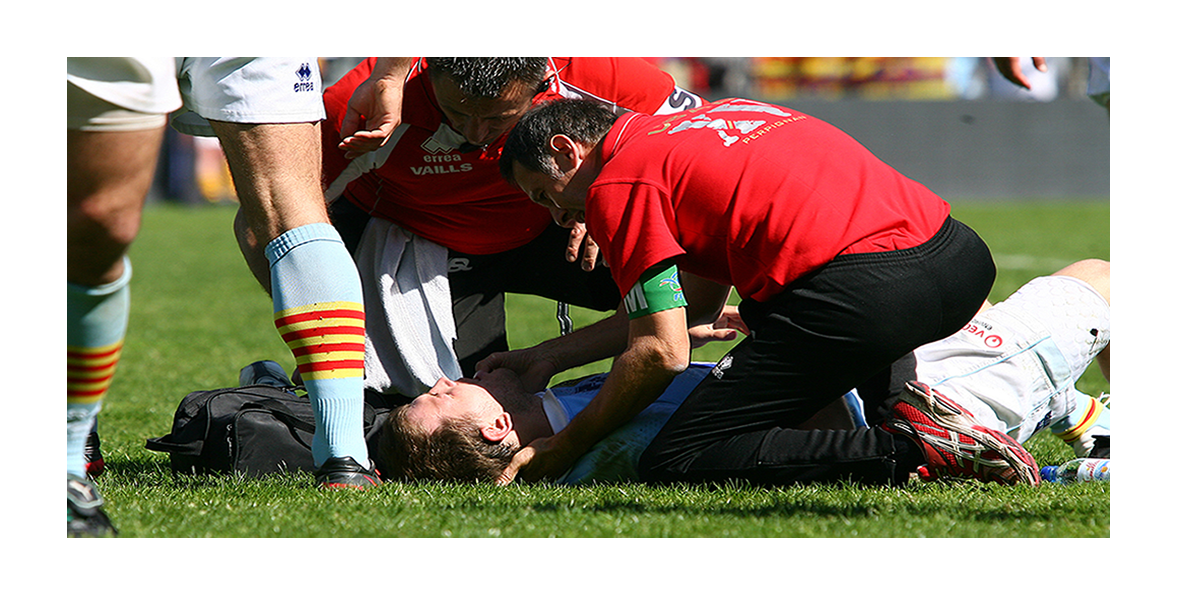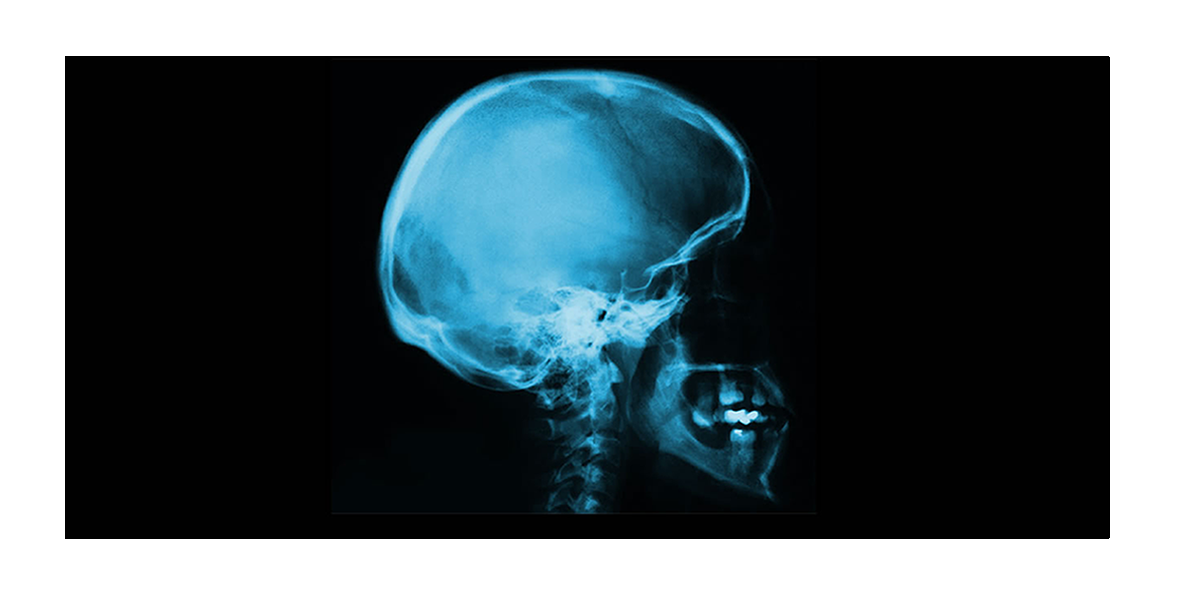Brain Injury Linked to Raised Risk of Road Rage
St. Michael's Hospital
May 5,2015
Understanding how head trauma affects driving behavior could help improve traffic safety, study says

TUESDAY, May 12, 2015 (HealthDay News) -- People who have suffered a traumatic brain injury are at increased risk for road rage, a new study finds.
"These data suggest links between traumatic brain injury and hazardous driving behaviors, but at this early stage we can't be sure if these relationships are causal," study co-author Dr. Robert Mann said in a news release from St. Michael's Hospital in Toronto. Mann is a senior scientist at the Center for Addiction and Mental Health in Toronto.
"Nevertheless, it appears that a large proportion of the driving population has experienced these injuries, so understanding how trauma to the head affects driving could have important implications for improving traffic safety," he added.
In the study, the researchers surveyed nearly 4,000 Canadian adult drivers, aged 18 to 97. The study authors found that those who had suffered at least one traumatic brain injury in their lifetime had many more incidents of serious road rage than those without a brain injury.
Serious road rage was defined as making threats to harm another driver or passenger, or damage another vehicle. Traumatic brain injury is trauma to the head that results in loss of consciousness for at least five minutes or overnight hospitalization, the study authors said.
People with a history of traumatic brain injury were also much more likely to have been involved in a traffic crash that caused injury to themselves or passengers, or damage to their vehicle, the investigators found.
We know already that driver aggression and risk of driving collision are affected by psychiatric factors and substance use, and that this connection is strong," study author Dr. Gabriela Ilie, a postdoctoral fellow at St. Michael's Hospital, said in the news release.
"Through this study, we wanted to examine if a link between traumatic brain injuries and road-related aggression and driving collisions also exists," she added.
The study was published recently in the journal Accident Analysis and Prevention
|
|||||









